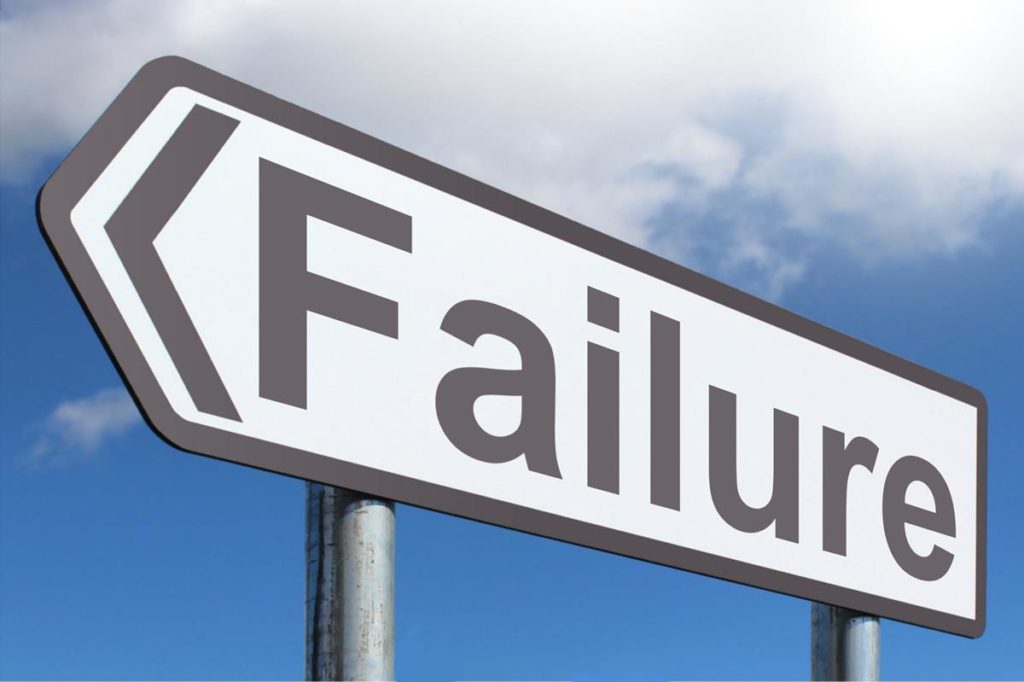
If you read this post’s title quickly, you might think it asked that common question: “What would you do if you knew you couldn’t fail?” And yes, in spite of being a cliché, this would have been a good question to ask. Like its spin-offs (e.g., “What would you do if you had a million dollars?” or “…if money were no object?”), it removes obstacles such as doubt, insecurity, or external limitations.
So, what would you do if success were guaranteed? Write a book? Start a business? Run for office? Pursue a career in art, music, dancing, or some other passion? Start a foundation to help animals, the environment, or homeless people?
The point of this hypothetical question, obviously, is to think about what you really want to do — without triggering the all-too-common reaction of immediately arguing for your limitations (namely, launching into all the reasons why you can’t pursue — or can’t reach –your dreams). When you put aside those excuses, doubts, and limitations, all that’s left is passion, love, and success.
But that’s not the way the world works.
In the real world, there’s almost never a guarantee of success. Almost everything you can imagine doing carries a degree of risk. And although it’s not always the case, it often feels like the greater the risk, the greater the potential reward.
When you think realistically about what you might want to do, you need to factor in the very real risks. So a more realistic question might be: “What would you do if you knew you could fail?”
In other words, what do you feel so passionate about that it would be worth taking a risk in order to pursue it? What matters so much to you that you’re willing to face the very real chance of failure — because the possibility of success compels you to at least try?
If you really want to follow that dream of devoting your life to creative expression, politics, entrepreneurial ventures, or philanthropy, you’ll do it anyway, even though you know that the dream might not come true.
(For instance, Jodi and I just started watching a TV series called Inside Jokes, which follows aspiring stand-up comedians auditioning for the Just for Laughs festival. As they pursue their dreams, they know all too well that they might fail. [In fact, the vast majority of aspiring comics don’t make it big in this world.] Yet they love what they do so much that they’re willing to risk it for the chance of spending their life sharing their thoughts, expressing their true selves, and making people laugh.)
So it’s great to consider what dreams and ambitions you’d pursue if success were guaranteed, but it’s more realistic to consider the possibility of failure and see what you’d still pursue anyway.
But now let’s take these hypothetical questions one step further by asking a question at the pessimistic end of the spectrum: “What would you do if you knew you WOULD fail?”
This might seem like a negative question, bound to lead you into depressing territory: thoughts of failure, shattered dreams, and a wasted life. But I think that just the opposite is true: This question encourages you to think of something you love so much that you’d do it no matter what — not simply because you might “make it big” but because the activity itself is inherently rewarding. This question encourages you to pursue the things that make life worthwhile, the things that feel as essential as breathing, the things that you never want to live without. It encourages you to do what you love.
So, think about this question for yourself: What would you do even if you knew you’d never “succeed” (at least not by society’s definition)? What brings the most joy into your life? What makes you feel the most alive, the most fully you? What are you passionate about…not because it might lead to something “bigger and better,” but because the activity itself is a life-affirming expression of your true self?
The good news is that when you pursue what you love, you’ve got a much better chance of making it big in terms of worldly success. But the even better news is that when you pursue what you love, regardless of the risks involved, you have the innate joy, satisfaction, and fulfillment of knowing that you’re living your calling — no matter where it does or doesn’t lead you. This way, even if you “fail” at your calling, you’ll be living a full, rich, authentic life.
And that is true success.
